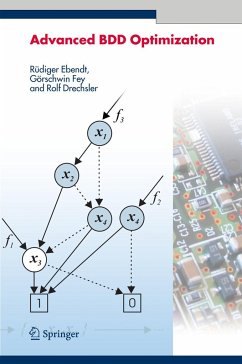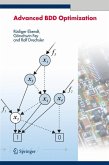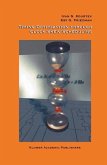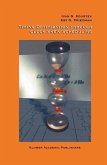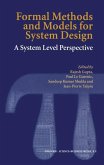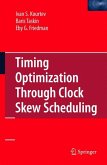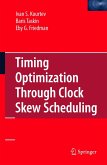VLSI CADhas greatly bene?ted from the use of reduced ordered Binary Decision Diagrams (BDDs) and the clausal representation as a problem of Boolean Satis?ability (SAT), e.g. in logic synthesis, ver- cation or design-for-testability. In recent practical applications, BDDs are optimized with respect to new objective functions for design space exploration. The latest trends show a growing number of proposals to fuse the concepts of BDD and SAT. This book gives a modern presentation of the established as well as of recent concepts. Latest results in BDD optimization are given, c- ering di?erent aspects of paths in BDDs and the use of e?cient lower bounds during optimization. The presented algorithms include Branch ? and Bound and the generic A -algorithm as e?cient techniques to - plore large search spaces. ? The A -algorithm originates from Arti?cial Intelligence (AI), and the EDA community has been unaware of this concept for a long time. Re- ? cently, the A -algorithm has been introduced as a new paradigm to explore design spaces in VLSI CAD. Besides AI search techniques, the book also discusses the relation to another ?eld of activity bordered to VLSI CAD and BDD optimization: the clausal representation as a SAT problem.
Hinweis: Dieser Artikel kann nur an eine deutsche Lieferadresse ausgeliefert werden.
Hinweis: Dieser Artikel kann nur an eine deutsche Lieferadresse ausgeliefert werden.

